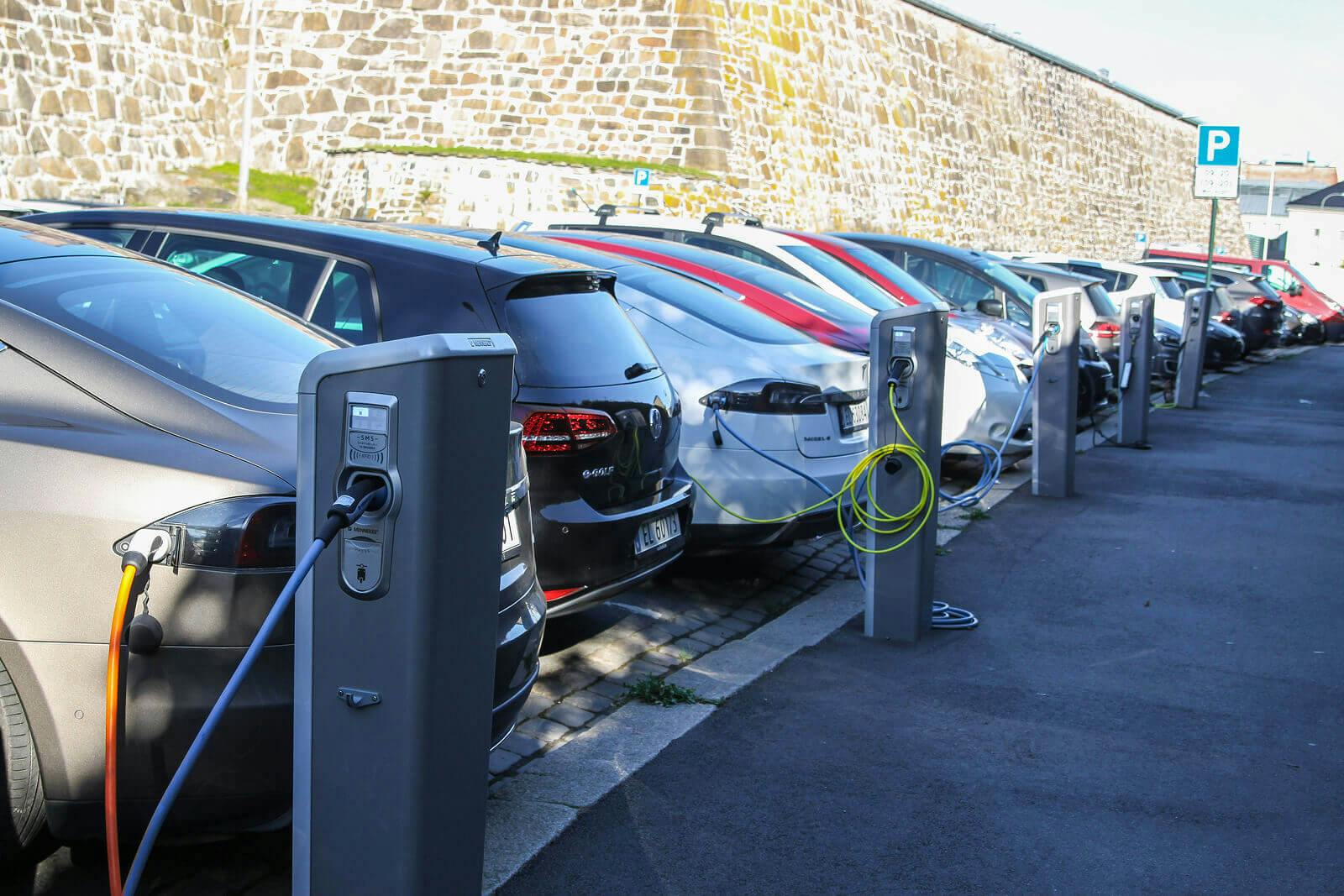The revised government announcement to ban sales of petrol and diesel cars will require rapid and significant change from franchise and independent workshops. The ban, which prohibits the sale of all new petrol and diesel cars, has been brought forwards to 2030 - an entire decade ahead of the original enforcement date.
That includes the sale of hybrid cars too, unless they are able to drive a “significant distance without emitting carbon”, in which case they can remain on sale until 2035.
According to the Institute of the Motor Industry (IMI), there are between 13,000 and 20,000 technicians currently qualified to work on electric vehicles, and it estimates that up to 57,000 will be needed by 2030. The IMI is calling for urgent action from the government to encourage automotive firms to re-ignite EV training plans to ensure owners of electric vehicles can be confident their vehicle will be maintained by someone with the right skills.
Although the ban is set to come into force from 2030, it doesn’t apply to the sale of used petrol and diesel cars and it is estimated that substantial demand for servicing and repairs on these vehicles will remain for another 20 to 30 years.
While electric vehicles benefit from simplified service schedules, there are still numerous consumable parts that need to be replaced, such as braking system components and tyres, and they require annual MOT tests just as petrol and diesel cars do.
Analysis of DVSA MOT data by By Miles1 found EVs aged 3 to 5 years have a pass rate of 87%, compared to 90% for petrol and 87% for diesel. This early data could suggest that MOT work is unlikely to decrease as electric vehicles become the mainstream.
Karen Rotberg, Co-founder of BookMyGarage said “The 2030 ban on the sale of petrol and diesel cars will have a profound impact on the aftersales segment. Workshops will need to retrain a significant number of technicians and adapt to the differences in servicing schedules.
“However, it’s equally important to remember that the ban doesn’t mean the market for maintaining petrol and diesel vehicles will diminish anytime soon. With these fuel types remaining on sale for another ten years, and plug-in hybrids five years after that, a significant proportion of the UK car parc will still consist of these vehicles for at least a couple of decades yet.”






